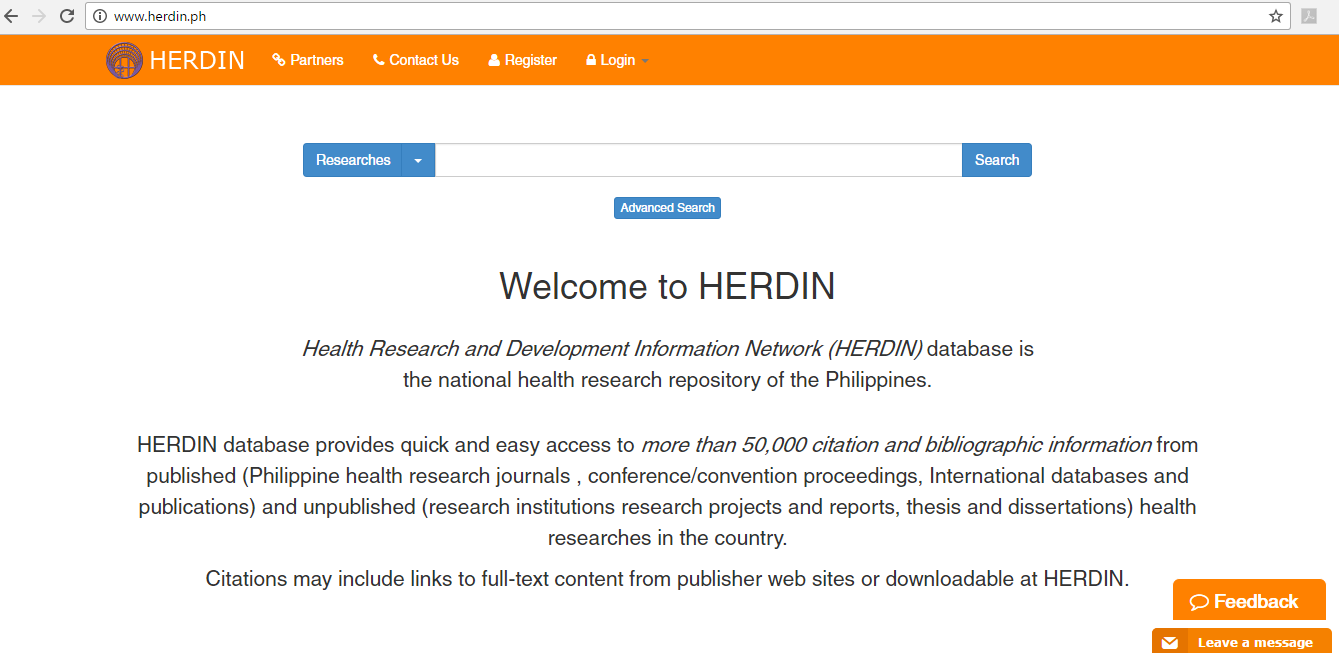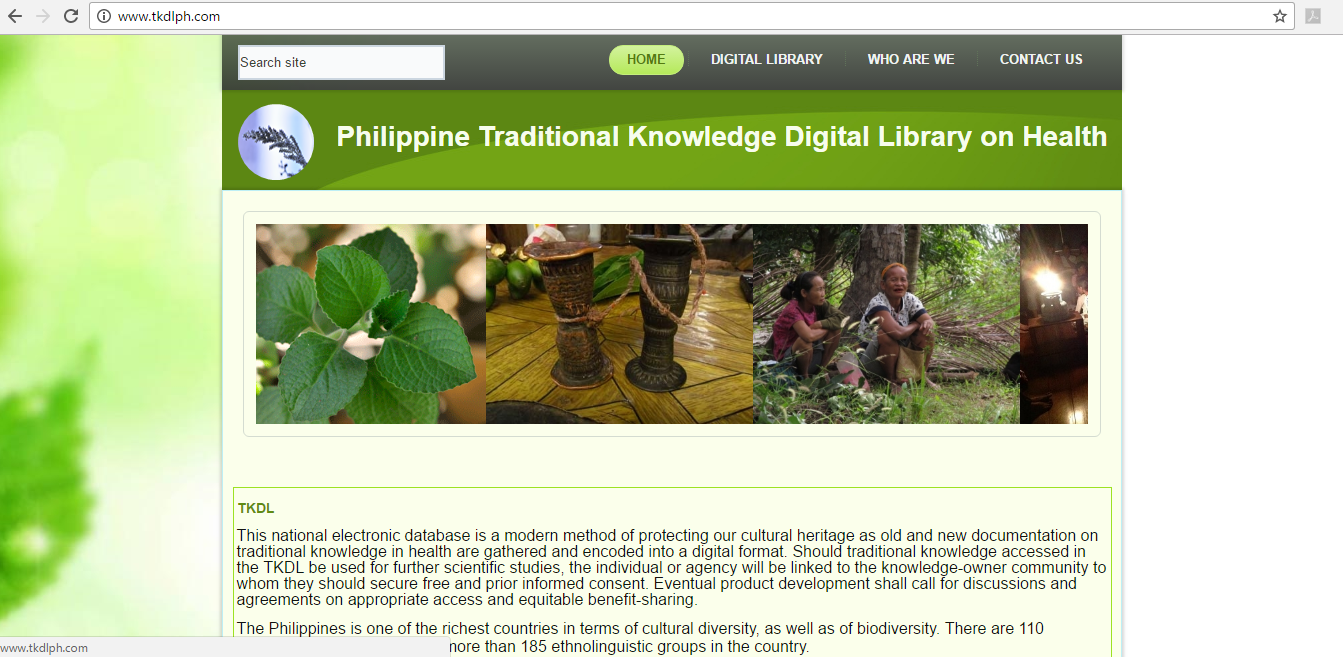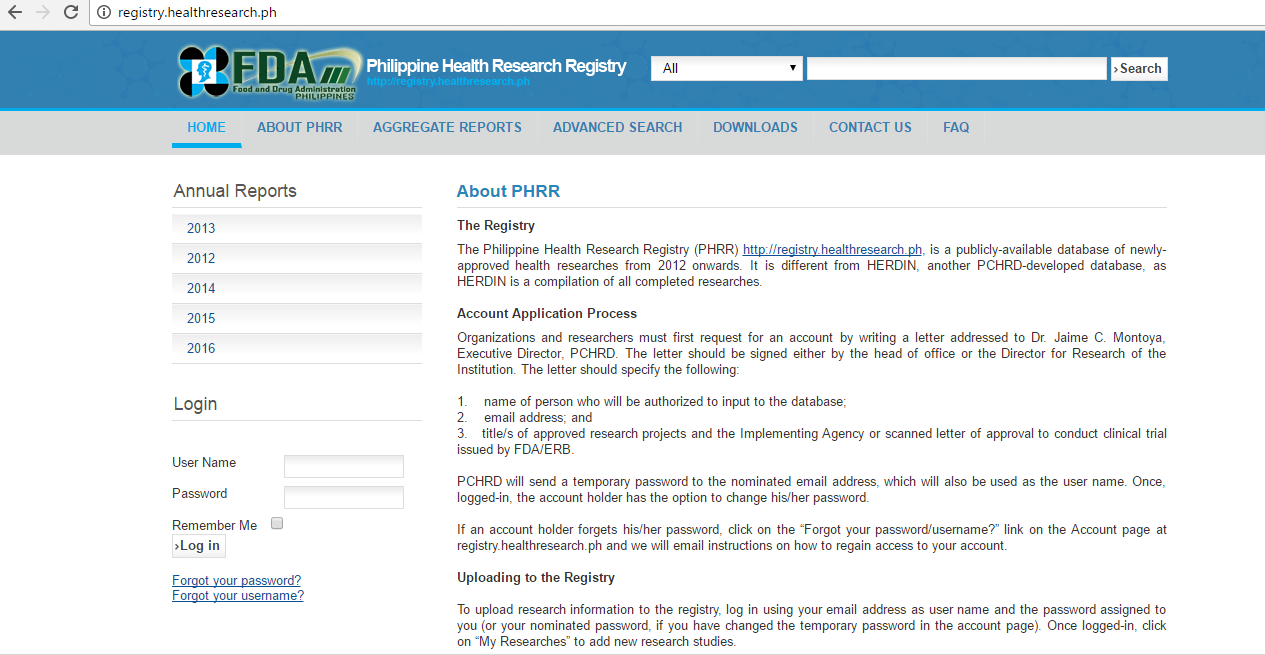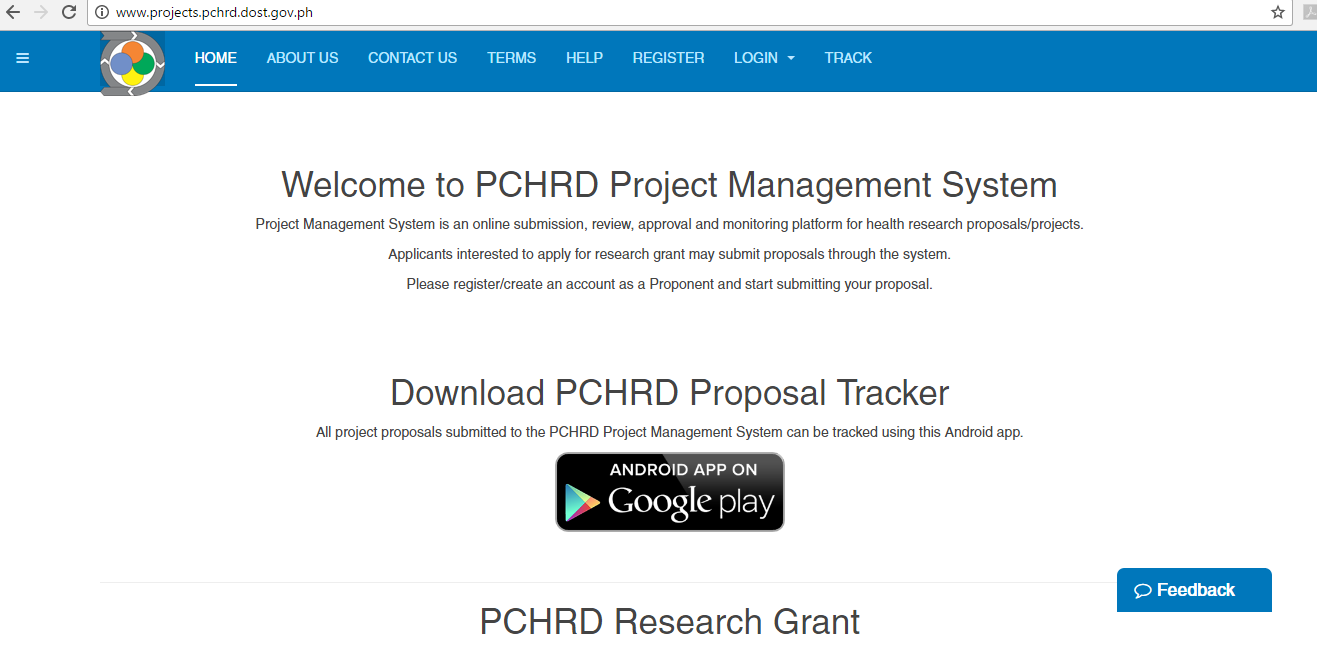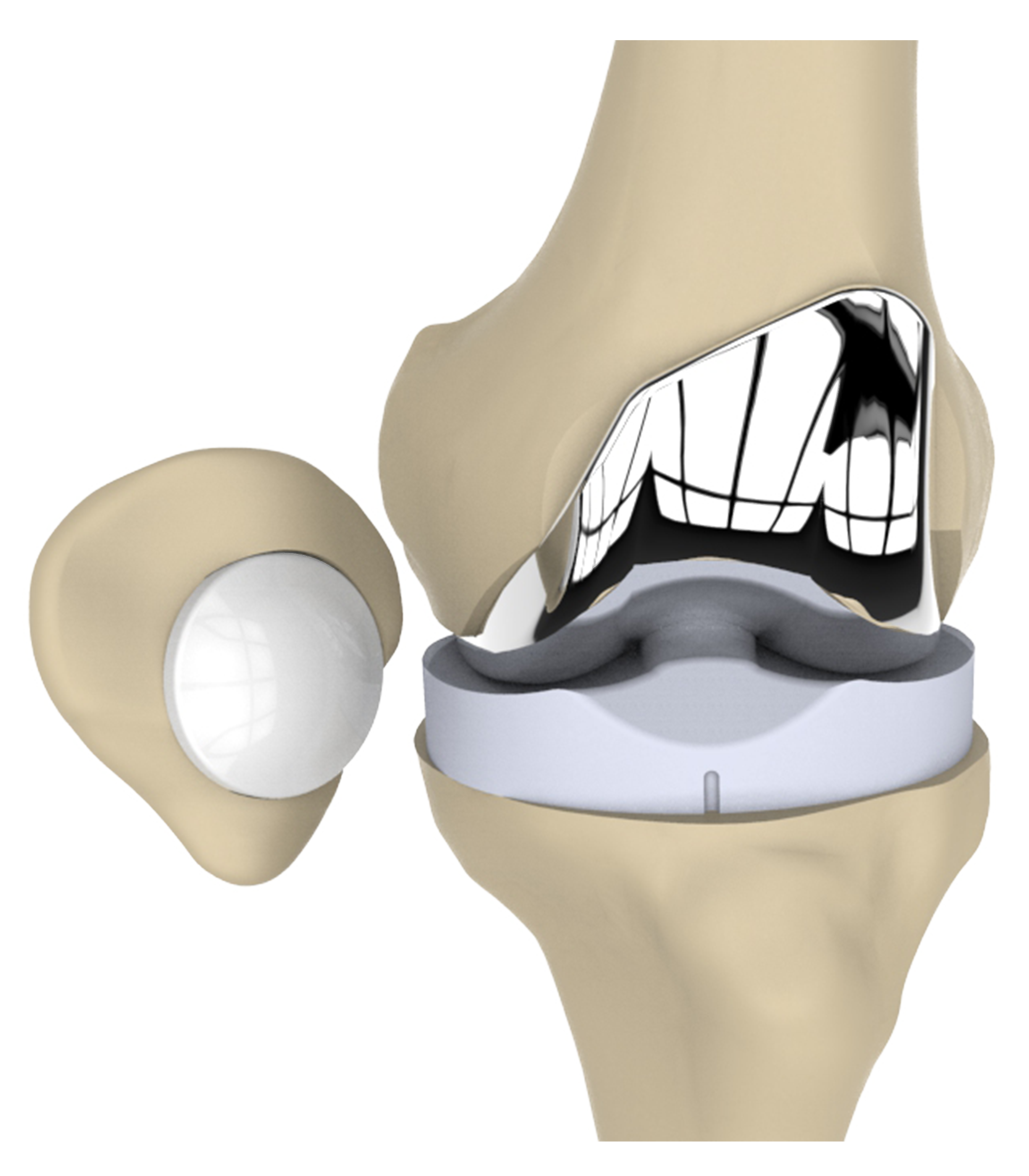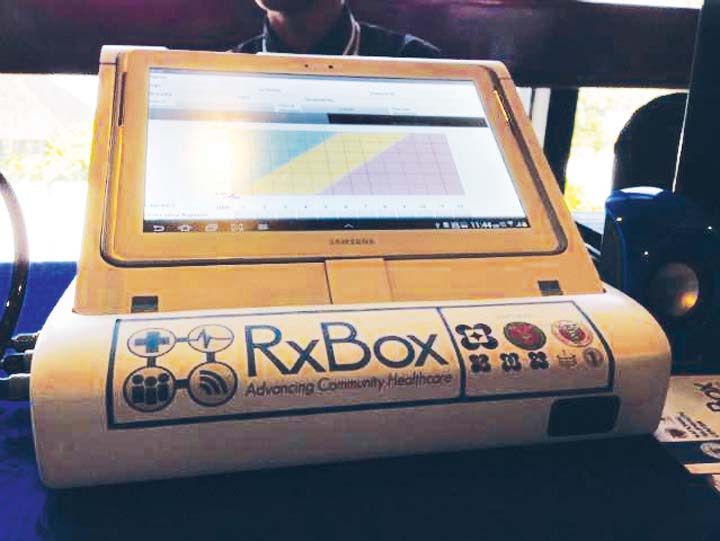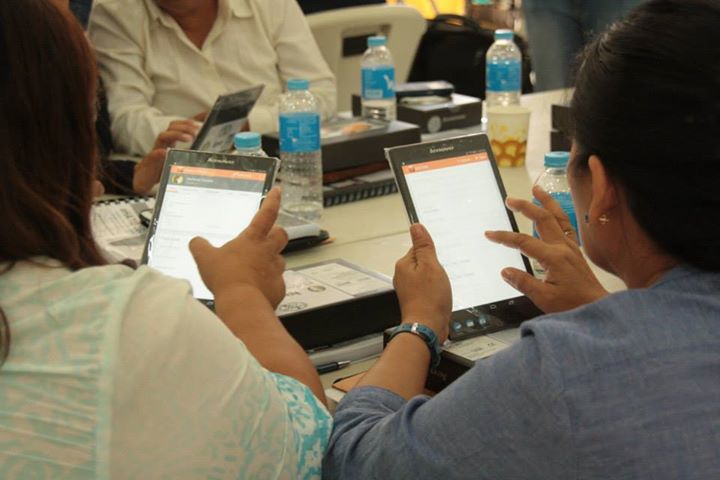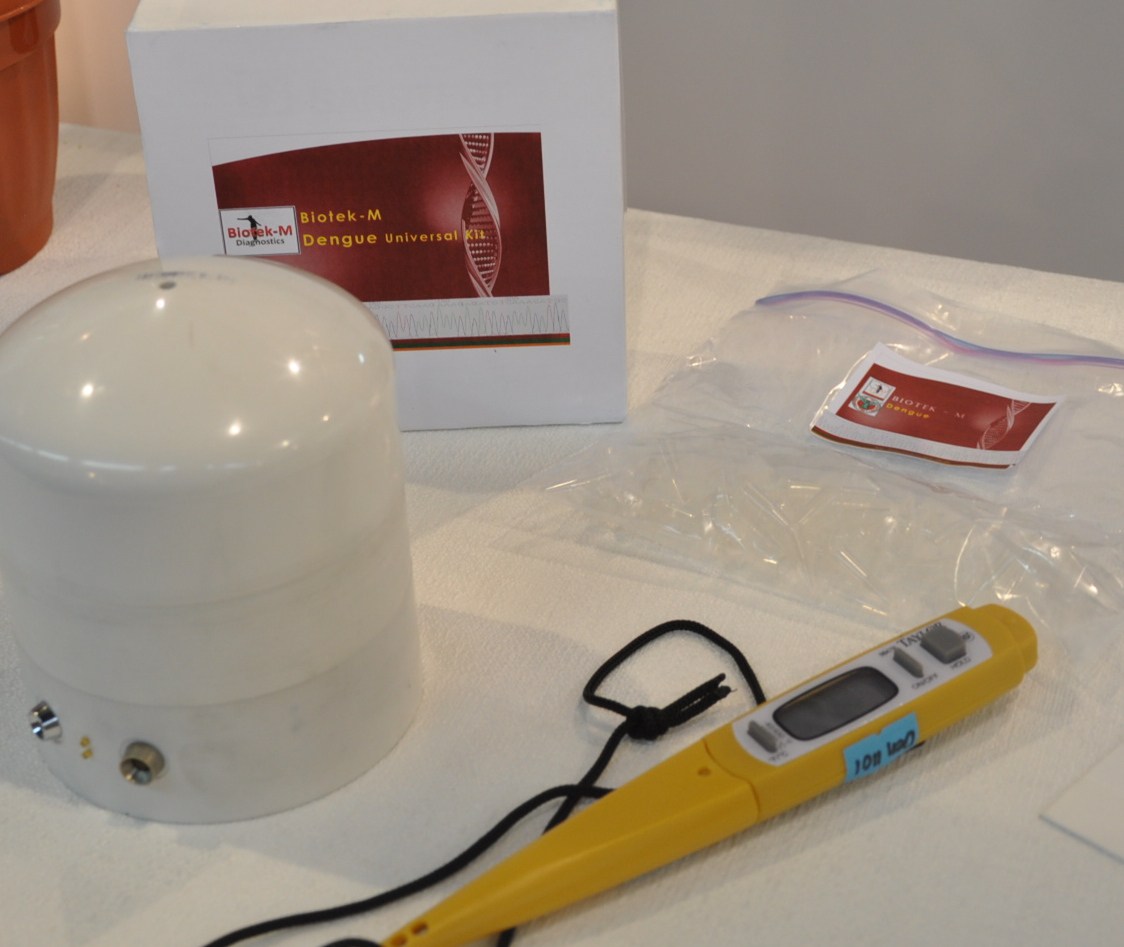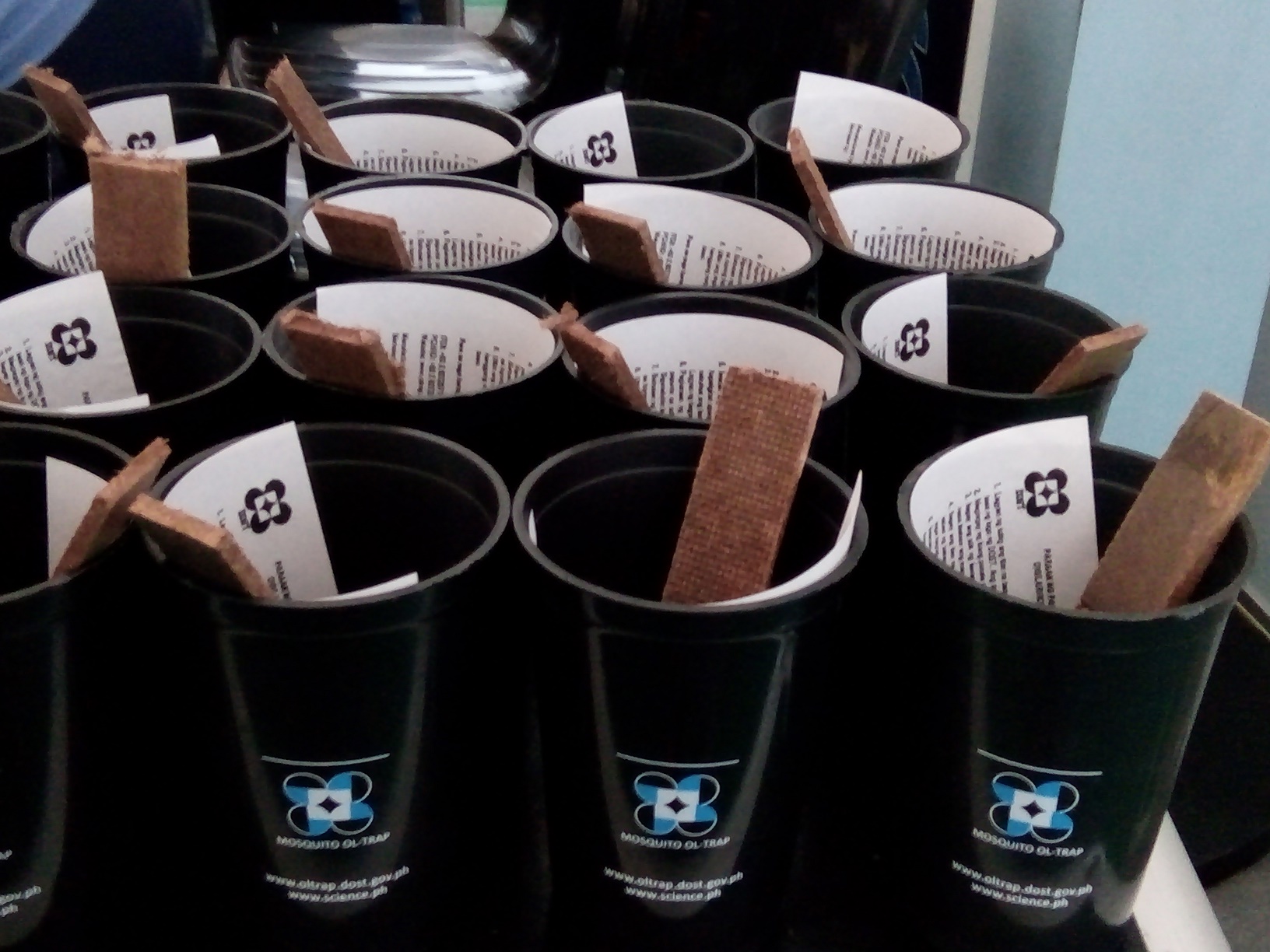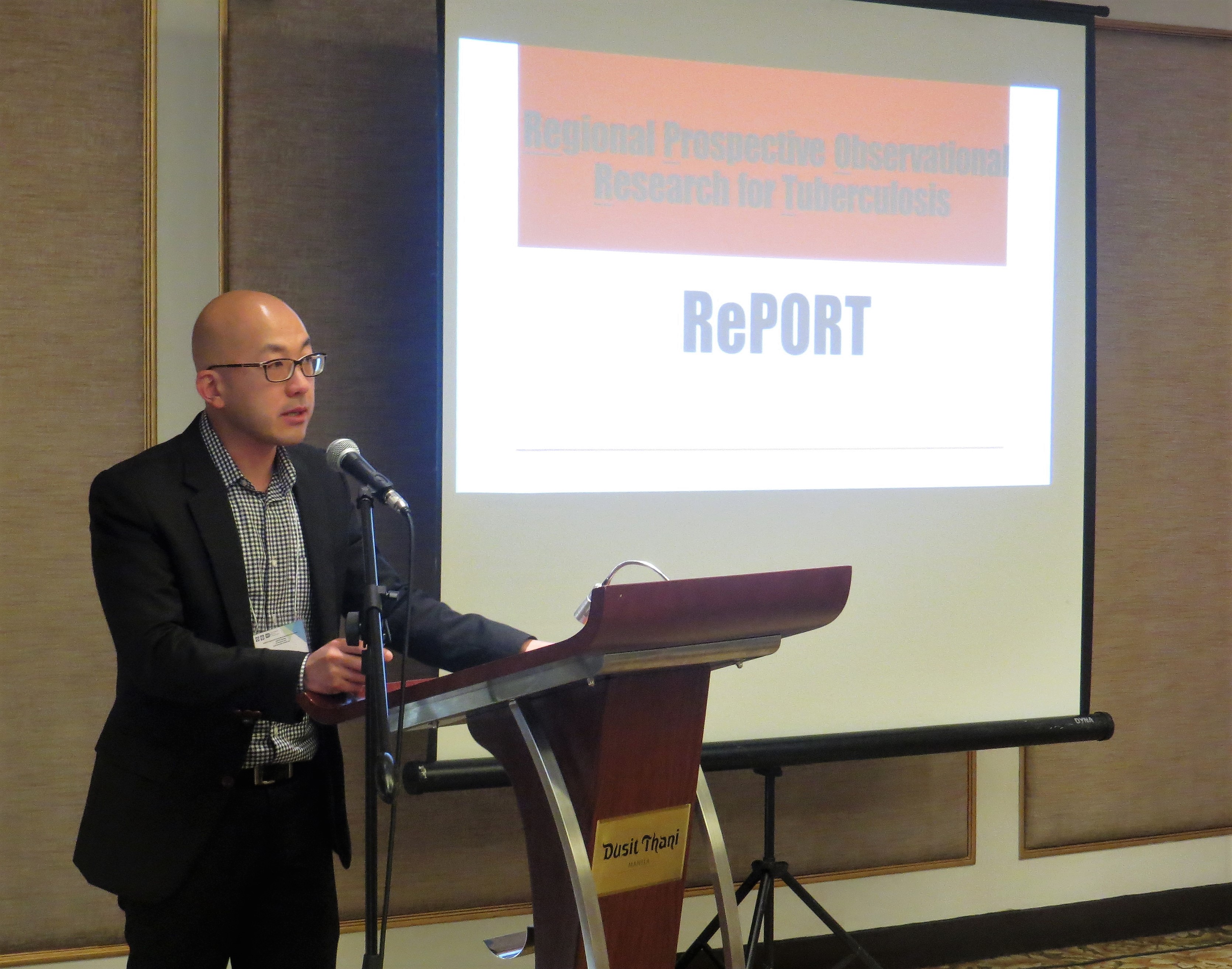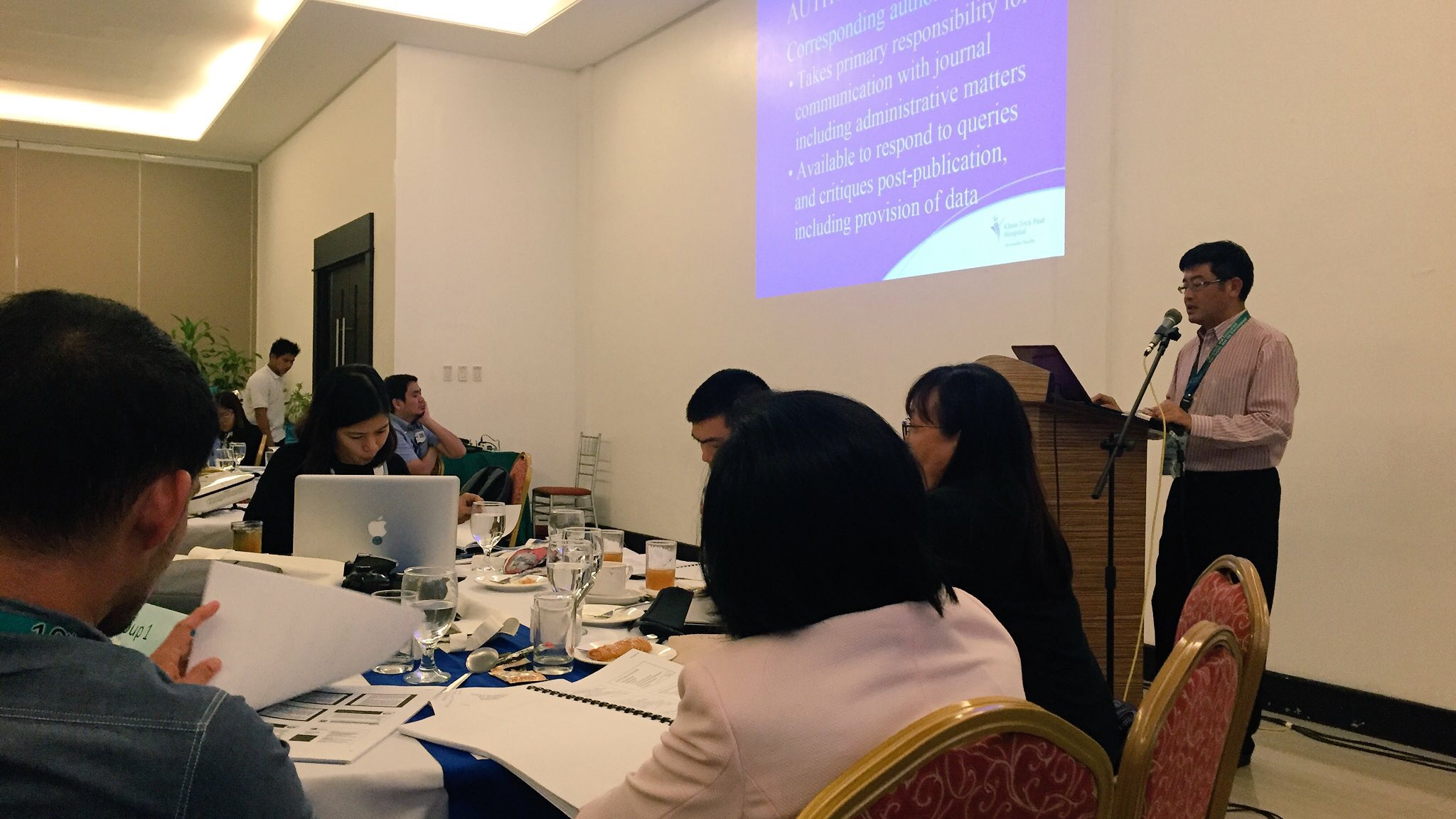New year, new life! Whether you’re done plotting your New Year’s Resolution or not, we’re very sure that being healthy is one of your priorities for 2017. Some of you might be thinking of losing weight while some maybe the opposite. Some of you might have promised yourself to be stress-free this year while some might be thinking of getting a gym membership.
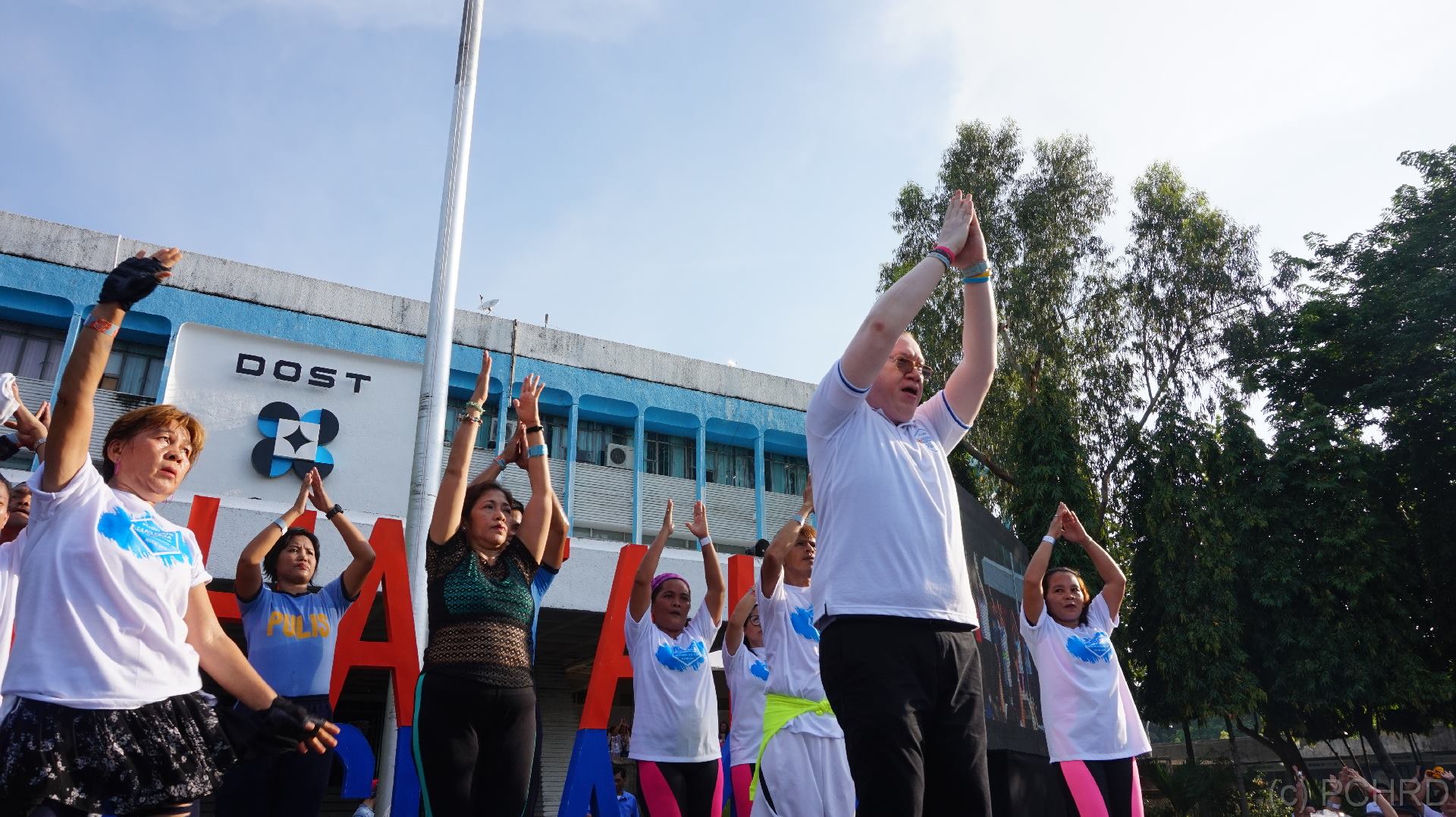 Hataw Agham 2016
Hataw Agham 2016
To help you achieve your health goals this year, here are some tips from researches and experts on health.
10. Don’t go on a diet
According to Authority Nutrition, “diets are notoriously ineffective, and rarely work well in the long term.” Instead of going on a diet, adopt a healthier lifestyle. Instead of depriving yourself, focus on nourishing your body. “Weight loss should follow as a natural side effect of better food choices and improved metabolic health,” the website emphasized.
9. Eat more fruits and vegetables
A diet rich in vegetables reduces risks of developing many types of cancers. Likewise, fruits are naturally low in fat, sodium, and calories and are sources of many essential nutrients such as Vitamin C.
8. Drink at least 8 glasses of water everyday
Drinking water is as important as eating fruits and vegetables. According to Salamat Dok’s Willie Ong, drinking water prevents kidney infections, headaches, and constipation. “Drink water for beauty, health, and long life. It’s the best advice, so take it,” he added.
7. Move more, sit less
It’s difficult for the working class who spends most of their time in front of their computers. However, WebMD cited that you will likely burn more calories if you increase the time you’ll spend on exercising. “Make healthy choices by being more physically active. Park at the end of the lot when grocery shopping. Change your TV channel manually. Take the stairs at work. Go on a long walk with your kids or grandkids. Raining outside? Walk or run in place while watching TV,” the website advised.
6. Sleep at least 7 hours a day
Boosting your energy requires sleep and rest. Willie Ong also cited that when you’re tired, you should take a 15-minute rest to replenish your strength. “At night, try to go for eight hours of sleep. If you can’t sleep, just lying in bed and thinking happy thoughts can relax your mind and body, too. It’s not as good as sleep, but it’s the next best thing,” he added.
5. Take care of your friends and family
Authority Nutrition cited that people with close relationships with friends and family are healthier and live much longer than those who are not. Denver physical therapist Rick Olderman also noted that “if you have personal relationships with people who have unhealthy habits, it is often an uphill battle. The healthiest people are those who have relationships with other healthy people.” Be healthy together!
4. Laugh More
As they said, laughter is the best medicine. A study cited by Dr. Willie Ong reports that after watching a funny video, the viewers’ mood improved dramatically, depression and anger dropped by 98%, fatigue fell by 87%, and tension was reduced by 61%. When we laugh, stress hormones (cortisol) decreases while good hormones (endorphins) increases. Ong explained that “endorphins are natural substances in the body that make you happy and boost your immune system.”
3. Be enthusiastic about work (or school or both)
Remember the quote “choose a job you love, and you’ll never have to work a day in your life?” Then that’s true. You should try to find ways to enjoy your work (or school or both). As Dr. Willie Ong emphasized “be creative; think long-term; an enthusiastic attitude can make a difference.”
2. Avoid stress
Stressed out all the time? According to the National Institute of Diabetes and Digestive and Kidney Diseases, stress causes a person to overheat, feel tired, and not want to do anything. To reverse the effects of stress, the Institute advised to practice deep breathing, relax muscles one at a time, and try a new hobby that sparks interest.
1. Forgive yourself
If you fail to do all those tips stated above, then it’s okay. Learn to forgive yourself. As WebMD mentioned, allowing yourself time to enjoy few indulgences occasionally is acceptable. Let it go and start again! Life goes on! ■
References
Bruce, D. F. (n.d.). 10 Motivational Tips to Keep You Healthy. Retrieved from WebMD: http://www.webmd.com/diet/obesity/features/10-motivational-tips-to-keep-you-healthy#1
Gunnars , K. (n.d.). 27 Health and Nutrition Tips That Are Actually Evidence-Based. Retrieved from Authority Nutrition: https://authoritynutrition.com/27-health-and-nutrition-tips/
Gunnars, K. (n.d.). 27 Health and Nutrition Tips That Are Actually Evidence-Based. Retrieved from Authority Nutrition: https://authoritynutrition.com/27-health-and-nutrition-tips/
NIDDK. (2012, August). Health Tips for Adults. Retrieved from National Institute of Diabetes and Digestive and Kidney Diseases: https://www.niddk.nih.gov/health-information/health-topics/weight-control/better-health/Pages/better-health-and-you-tips-for-adults.aspx
Ong, W. T. (2015, September 1). Top 10 health tips. Retrieved from Philstar: http://www.philstar.com/health-and-family/2015/09/01/1494439/top-10-health-tips
Rouse, J., & Olderman, R. (2009, January 1). 15 Ways to be healthier. Retrieved from GAIAM: http://www.gaiam.com/discover/183/article/15-easy-ways-healthier/
